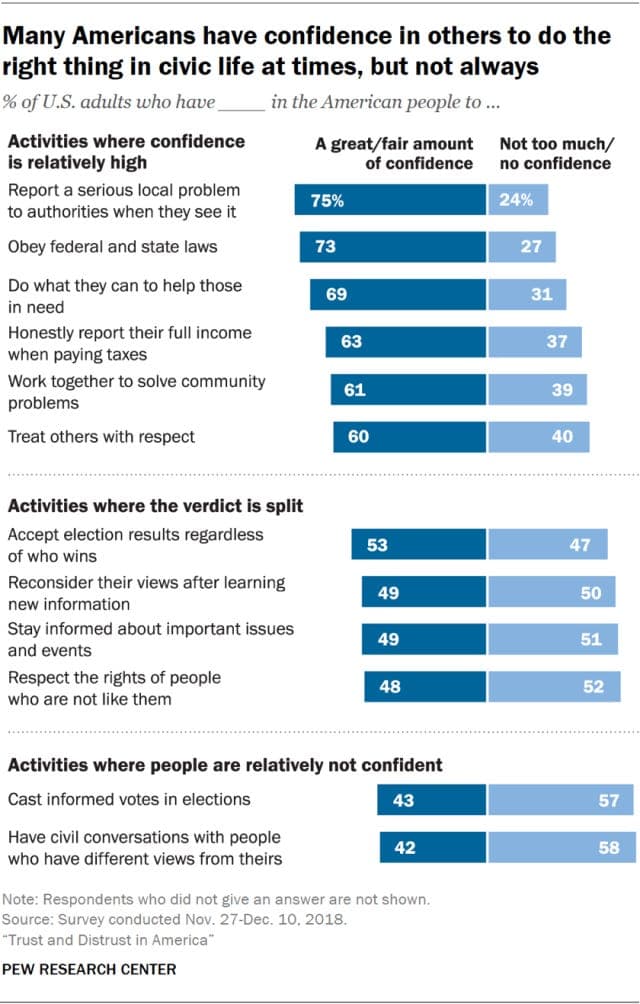Public Trust in U.S. Government Plummets to 16%, Fueling Commentator's Stark Assessment

Public trust in the U.S. federal government has reached historically low levels, with only 16% of Americans reporting confidence in Washington to consistently "do the right thing," according to recent studies. This pervasive distrust provides a backdrop for strong critiques of American leadership, such as a recent social media post by prominent economist and blogger Noah Smith.
Noah Smith, known for his analytical commentary on his "Noahpinion" platform, articulated a stark view on governance, stating on social media, > "America is ruled by the worst people in America." Smith, a self-described center-left liberal, frequently analyzes shifts in political and economic landscapes, often from an economic perspective. His work highlights a perceived "Great Reversal of the American Right" from traditional libertarian and internationalist stances towards more protectionist and nationalist policies.
Smith's commentary frequently touches on the impact of political polarization, the decline of traditional civic institutions, and contentious debates surrounding immigration. He has noted the role of social media in fostering radicalization and exacerbating political divisions, contributing to a climate where trust in leadership erodes across the political spectrum.
Data from both Pew Research Center and Gallup consistently underscore this decline in public confidence. Trust in government has remained below 50% since the early 1970s, hitting historic lows of 15% in multiple years. A significant partisan gap in trust also exists, with Republicans generally expressing considerably less confidence in government institutions than Democrats.
The deepening political polarization in the United States, as detailed by various research organizations, reveals widening ideological gaps and increased animosity between the two major parties. This environment, characterized by a lack of consensus and heightened mutual suspicion, contributes to a fertile ground for the critical assessment of leadership expressed by public figures like Smith.